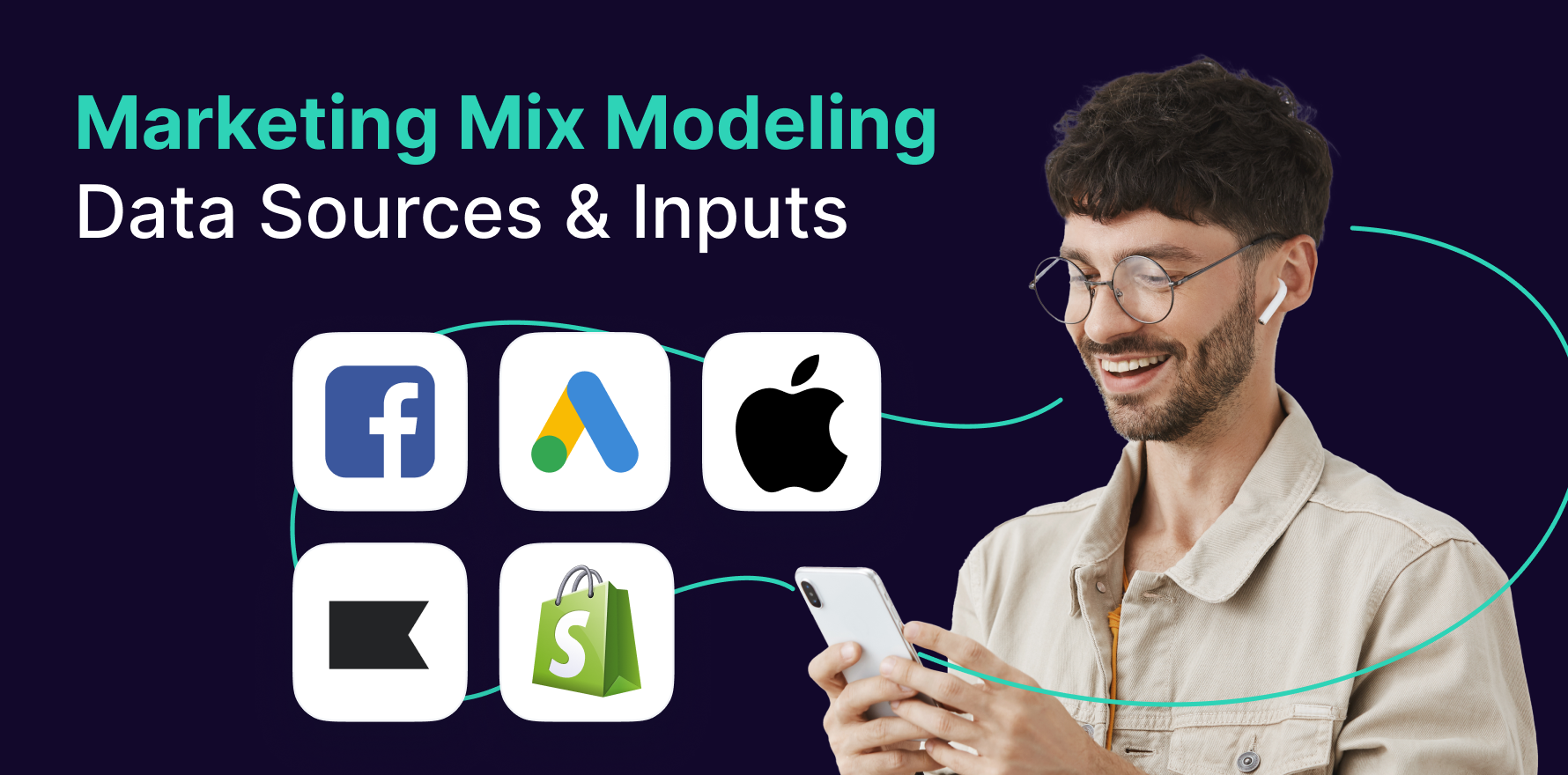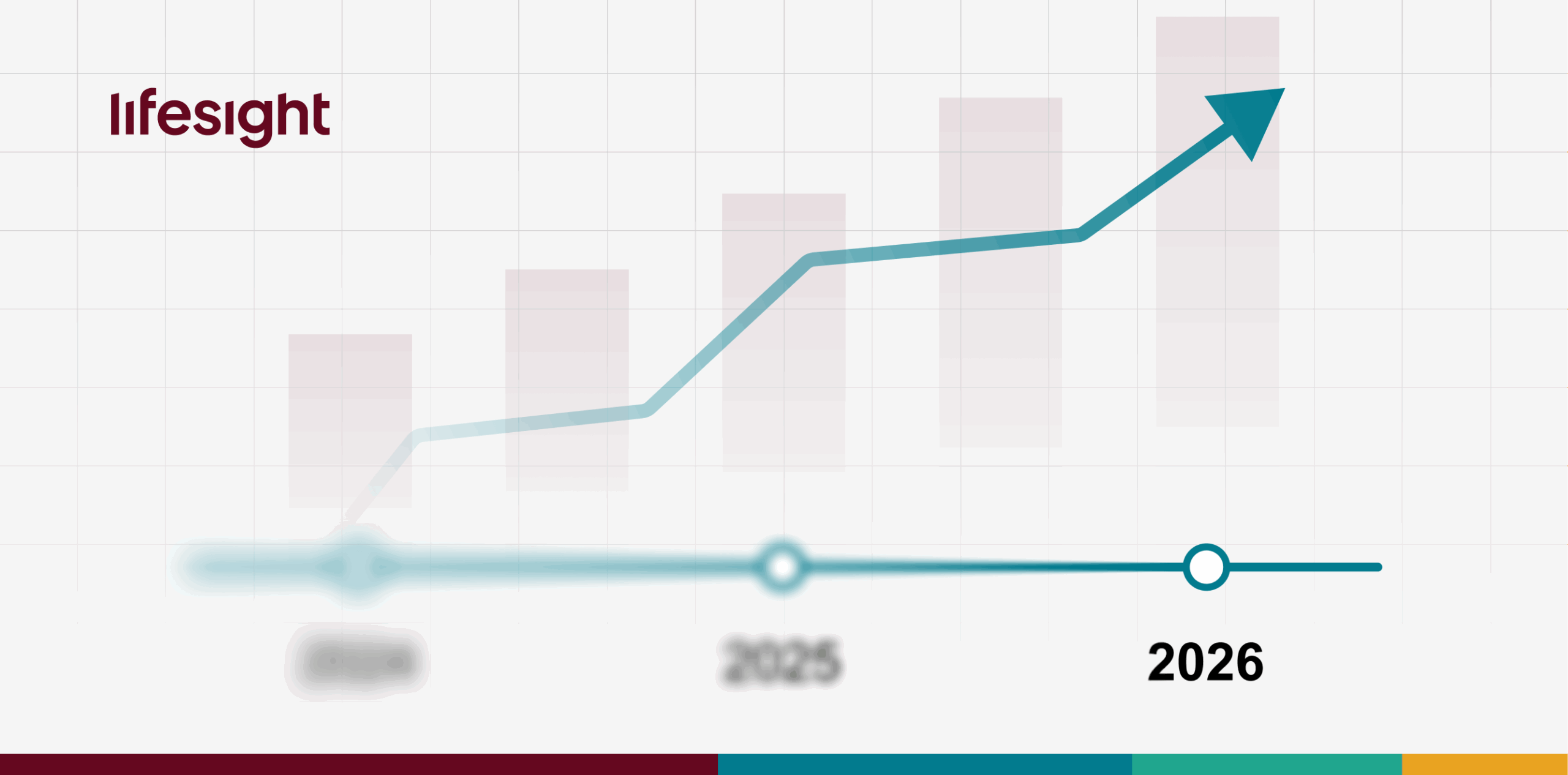What is Algorithmic Attribution?
Algorithmic Attribution, sometimes referred to as data-driven attribution, is an advanced marketing analytics approach. It uses complex algorithms, typically fueled by machine learning and artificial intelligence, to assign value to each marketing touchpoint along a customer’s journey. This type of attribution can account for multiple channels and devices, providing a holistic picture of your marketing effectiveness that goes beyond the typical last-click and first-click attribution models.
Formula
There is no standard mathematical formula for Algorithmic Attribution as it is majorly based on machine learning models and statistical algorithms which varies according to the case in question. The process involves collecting and analyzing large amounts of data, which then drives the attribution of credit to customer touchpoints based on the contribution they make to a conversion.
Example
An example of Algorithmic Attribution might be an online shoe retailer whose data shows a distinct pattern. Online ads influence customers’ to sign up for an email list, which then sends a discount code, ultimately leading to a purchase. An algorithmic approach would assign a quantitative value to both the impact of the ad and the email in driving the final purchase.
Why is Algorithmic Attribution important?
Algorithmic Attribution is crucial for several reasons. Firstly, it provides a more accurate understanding of the effectiveness of different marketing touchpoints, enabling businesses to better allocate resources and maximize ROI. Secondly, it allows for a more customer-centric approach by highlighting the customer’s journey and focusing on the strategies that successfully lead to conversions. Lastly, it incorporates and analyzes a vast amount of data, allowing for a granular understanding of marketing performance.
Which factors impact Algorithmic Attribution?
To improve Algorithmic Attribution, businesses need to ensure they are collecting and analyzing a broad range of data. This includes first, second, and third-party data. Incorporating as many touchpoints as possible — such as email clicks, social media interactions, and website visits — can also enhance the model. Offering reliable and personalized customer experiences can also provide more data points for the algorithm to learn and improve from.
How can Algorithmic Attribution be improved?
Various factors can impact Algorithmic Attribution. Data cleanliness and accuracy is crucial — any errors or gaps in data can skew results. The quality of the algorithms used also impacts the accuracy of the attribution. Moreover, customer behavior can change over time, and businesses must adjust their models to keep up with these changes.
What is Algorithmic Attribution’s relationship with other metrics?
Algorithmic Attribution is closely tied to various ecommerce metrics, including customer acquisition cost, customer lifetime value, and overall ROI. A well-executed algorithmic attribution model can lead to a better understanding of these metrics and, consequently, better marketing decisions. For example, if a business understands the precise contribution of each marketing touchpoint to a sale, they can optimize their spending, reduce customer acquisition cost, and increase customer lifetime value.
Free essential resources for success
Discover more from Lifesight















